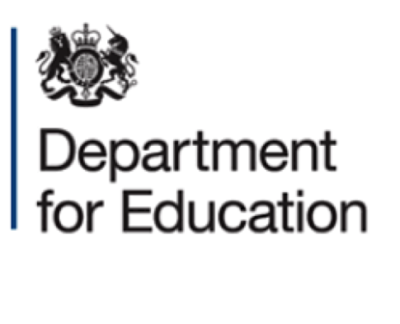
This section of the Code of Practice has direct relevance for teachers. Now, the emphasis and responsibility for SEN and the child with Specific Learning Difficulties such as Dyslexia, is firmly back on the class teacher rather than the specialist teacher. Parents and the child themselves are very much included in the conversation.
Definition of SEND provision: (Special Educational Needs and Disability)
Special educational provision is educational or training provision that is additional to or different from that made generally for others of the same age, ie provision that goes beyond the differentiated approaches and learning arrangements normally provided as part of high-quality, personalised teaching.
Broad areas of need:
Four broad areas of need give an overview of the range of needs that should be planned for, not to fit a pupil into a category. For more information see sections 6.28–6.35 of the Code. The broad areas of need are:
1 Communication and Interaction (ASD/SLCN)
2 Cognition and learning (MLD/SpLD)
3 Social, Emotional and Mental Health (ADHD/BESD)
4 Sensory and/or Physical Needs (HI/VI/PD) *
Special educational provision and support:
- Teachers are responsible and accountable for the progress and development of the pupils in their class, including where pupils access support from teaching assistants or specialist staff.
- High-quality teaching, differentiated for individual pupils, is the first step in responding to pupils who have or may have SEND. Additional intervention and support cannot compensate for a lack of good quality teaching.
The NASEN website gives the full explanation of the SEN Code of Practice.
It is vital that you become knowledgeable and dyslexia-friendly.
The good news is that if you do this, it is a win-win situation as your teaching of dyslexics is best practice for all!
And for all those confusing acronyms!
ASD=Autistic Spectrum Disorder, including Aspergers
SLCN=Speech, Language and Communication Needs
MLD=Mild Learning Differences
SpLD=Specific Learning Difficulties such as Dyslexia
ADD/ADHD= Attention Deficit Hyperactivity Disorder (with or without hyperactivity)
BESD= Behavioural, Emotional and Social Difficulties
HI=Hearing Impairment
VI=Visual Impairment
PD=Physical Difficulties
DCD= Developmental Coordination Disorder (Dyspraxia)